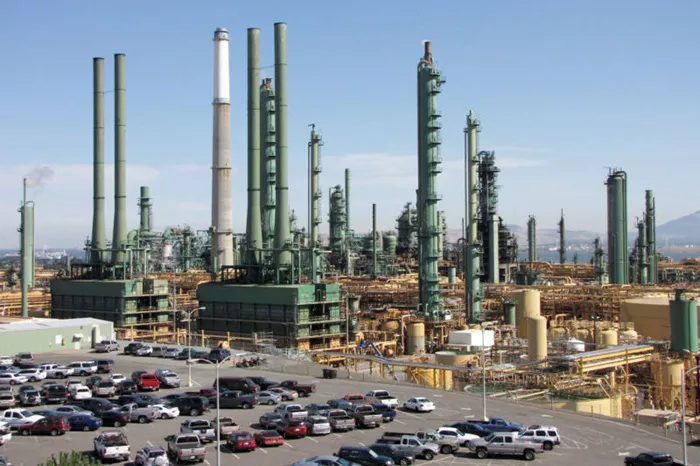Last week, Phillips 66 announced plans to close its oil refinery in Los Angeles by the end of next year. In light of this development, Valero Energy Corp, the second-largest oil refiner in the United States by capacity, is now contemplating similar actions regarding its two refineries in California.
Valero’s Chief Executive, Lane Riggs, stated that the company is keeping all options “on the table” due to increasing regulatory pressures in the state. The California oil refining sector has faced lower-than-average profit margins during the late spring and early summer of this year, as reduced operating capacity has failed to generate higher returns. According to the U.S. Energy Information Administration (EIA), this trend is attributed to refiners ramping up their existing capacity utilization rates.
Despite the dip in margins, California continues to have the highest gasoline prices in the United States. The California Governor’s Office has pointed fingers at refiners for this situation, suggesting they are responsible for the inflated costs. In a bid to hold refiners accountable, the Office has threatened penalties for price gouging.
Adding to the complexity, California imposes the highest gasoline excise tax in the nation. In response to ongoing concerns, state legislators have passed a law allowing authorities to cap refiners’ profits at their discretion. More recently, Governor Gavin Newsom signed legislation granting state energy regulators the authority to set fuel inventory levels for refiners and to approve or deny scheduled maintenance at refineries.
“Price spikes at the pump are profit spikes for Big Oil,” Newsom remarked at the time of signing. He emphasized that refiners should be required to anticipate demand and maintain adequate gas reserves, thereby stabilizing prices and benefiting consumers. “By making refiners act responsibly and maintain a gas reserve, Californians would save money at the pump every year.”
However, Chevron has previously warned that such regulatory measures could have adverse effects on California refiners and could ultimately lead to increased costs for consumers.
Valero operates refineries located in Benicia and Wilmington, California, positioning the company at the center of these evolving regulatory dynamics.
Related topic:
Argentina’s Vaca Muerta: A New Frontier for Energy Exports
Strathcona Resources Announces Leadership Changes
Bhutan Secures $50 Million Loan from OPEC Fund to Enhance Energy Sector

